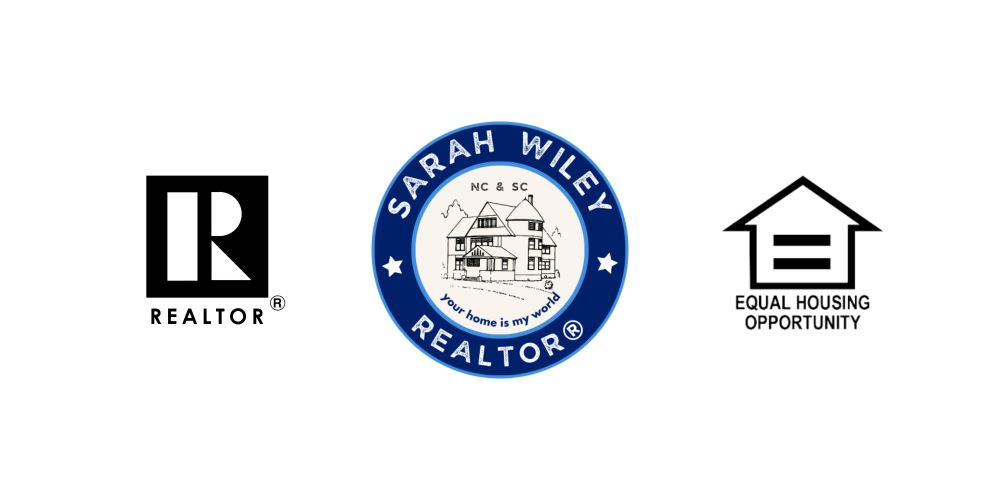NC Real Estate: Who Pays for What?
Navigating the complexities of a real estate transaction involves understanding who pays for what. In North Carolina, certain costs are traditionally allocated to either the buyer or the seller. Let’s explore the typical expenses associated with buying or selling a property.
- Due Diligence Deposit: Paid by the buyer at the time the offer is submitted. This deposit is paid directly to the seller and is 100% non-refundable to the buyer, should they withdraw the contract. If they proceed to closing, it is accounted for as paid at closing. Essentially, this is a payment made to the seller in order to cover time that the property will be off the market for the amount of time it takes for the buyer to do their inspections.
- Earnest Money Deposit: Paid by the buyer as a sign of good faith and held in escrow until closing.
- Home Inspection: Typically paid by the buyer to assess the condition of the property.
- Appraisal Fee: Usually paid by the buyer to determine the fair market value of the property, through their lender.
- Closing Costs: Can be negotiated between the buyer and seller, but typically include fees for title insurance, attorney services, and recording fees. The buyer and the seller are responsible for their own fees, but a buyer can negotiate to have the seller pay some of their fees. It is unusual for a buyer to pay a portion of the seller’s fees, but it could be done.
- Property Taxes: Prorated between the buyer and seller based on the closing date and paid at closing.
- Agent Commissions: A seller will have a contract with their listing firm to compensate them a certain amount at closing. Additionally, the buyer will need to have what is called a “Buyer Agency Agreement” with their agent. This agreement will determine what portion of compensation they will be responsible for, if the seller’s firm isn’t offering any compensation to the buyer agent’s firm. These amounts are negotiable, but each firm will have their own policies on what they need to be compensated for their work.
It’s important to note that these are general guidelines, and specific arrangements can vary based on negotiations between the parties involved and the terms of the purchase agreement. Working with a knowledgeable real estate agent can help ensure that you understand your financial responsibilities throughout the transaction process.
Whether you’re buying or selling a property, understanding the typical costs associated with the transaction can help you plan and budget effectively. As always, consulting with a trusted real estate professional can provide invaluable guidance tailored to your specific situation. —> sarah.wiley@cbcarverpressley.com

 Facebook
Facebook
 X
X
 Pinterest
Pinterest
 Copy Link
Copy Link

